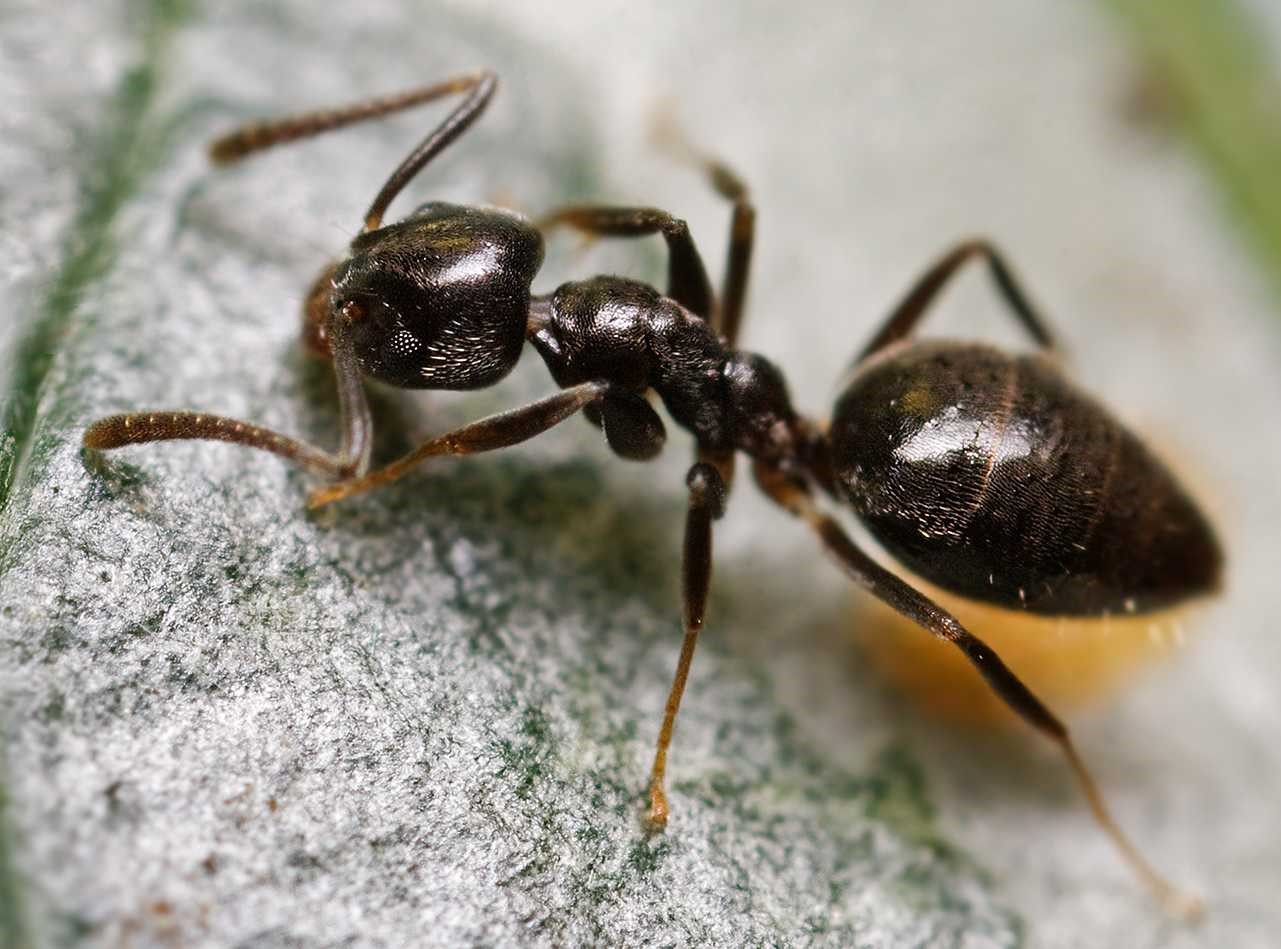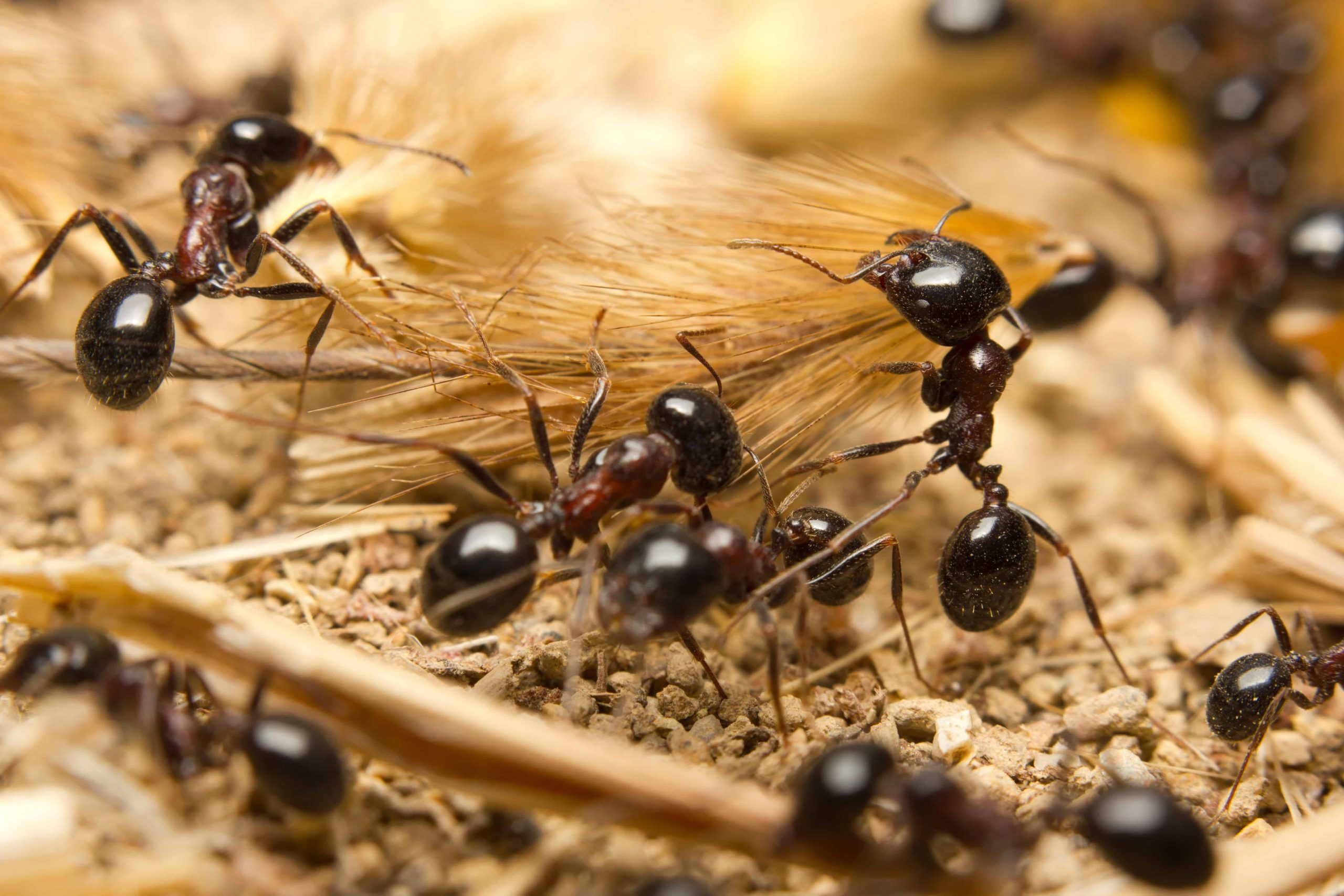Having an ant infestation is not the world’s worst pest problem and ants don’t generally do much real damage. Most species of ants in the UK are harmless and actually serve a useful purpose – such as soil aeration or controlling destructive pests such as aphids.
However, having ants roam around the house is unpleasant, and they can occasionally spread undesirable bacteria. If your ant problem is particularly aggressive, the key is to target the queen ant, and this can be very tricky because nests are often very hidden behind a wall or under concrete.

Tips for Dealing with Ants
Identify Ant Trails
A key first step in removing an ant infestation is to identify the path used by the worker ants to move to and from the hive. Every ant seen moving inside your home is looking for food, and once ants find material that can be eaten, they take it back to the nest. Thus, the ants leave chemical pathways, or traces, for other worker ants to know where to gather more food.
This behaviour is what makes it possible to combat ants, because you can now deceive worker ants into carrying some form of ant bait back to the nest.
Use Ant Bait
Avoid the temptation to only use pesticides to spray the ants seen marching along their trail in your home. Pesticide sprays can eliminate some ants, but they will soon be replaced, and you’ll never make any real progress to eliminate the infestation. Instead, use an ant bait for the worker ants to pick up on their trail which they will bring back to their hidden nest. For Essex Pest Control, visit a site like https://stgeorgespestcontrol.co.uk/
Ant baits are edible material, usually sweet carbohydrates, mixed with substances that are toxic to ants but that have minimal toxicity to animals or humans. Many baits are mostly made from boric acid, a natural material that is completely non-toxic to humans.

Patience
Worker ants carry the bait back to the nest, but it may take a few days to eliminate the colony, or even a few weeks if the colony is very large or has multiple queens, as some species of ants do. Gradually, though, you will see an end to the ants in your home.
Keep it clean
Sanitation is very important for the prevention and control of pests. As with all animals, humans and insects – ants require food, water and shelter to survive. The reason ants leave their colony is to hunt for water and food, so do not make it easy for them! Keep food sealed, sweep the floor, and keep all surfaces cleaned.
Seal possible entry points
Ants are tiny insects that easily crawl into homes and properties through small gaps and crevices. To avoid this issue as much as possible, particularly around windows and doors, ensure sealant is effective and holes are plugged. Areas of weakness can include the entry points of cables, pipes and wires too. Regularly examine the foundations for small cracks where ants may gain entry to your home.



